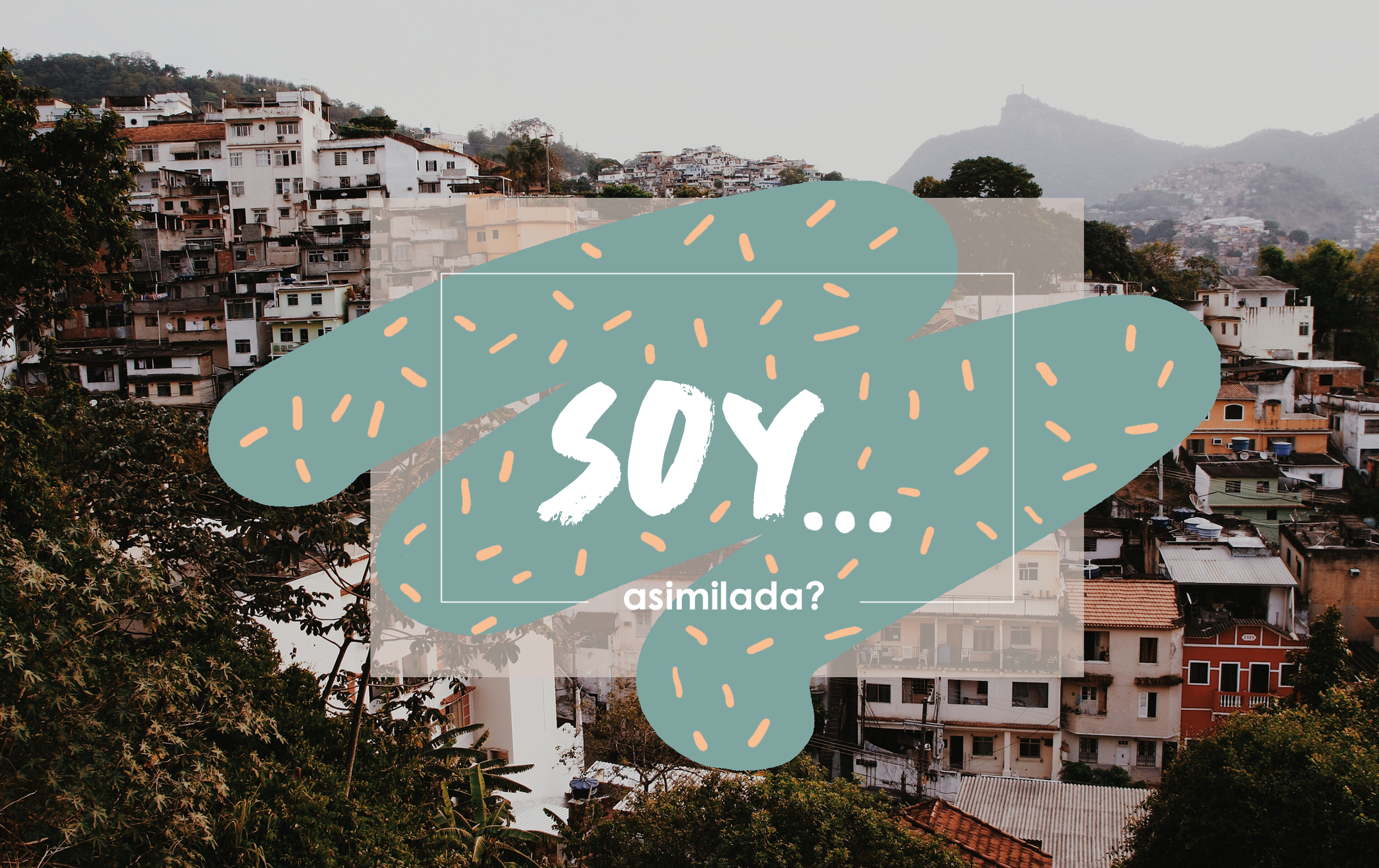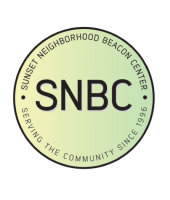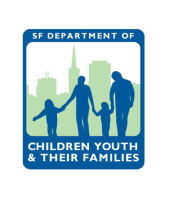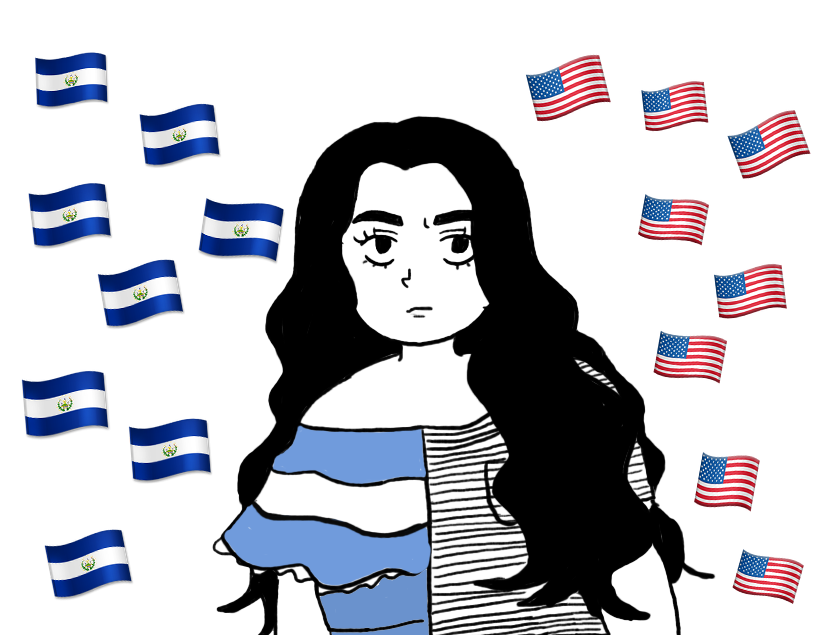
As a first generation Latina, I find my feet firmly planted in two different worlds. Having adopted the customs of both Salvadoran and American culture, I get the best of both worlds, but I am deeply rooted in neither. As a child, I was torn – I felt extremely pressured to pick one or the other. Half of me wanted to fit in with my American peers, and the other half just wanted to respect and follow the traditions set by my Salvadoran family. Living in two worlds with different languages and mannerisms gave me the ability to switch gears in personalities whether I wanted to or not, because in my mind, I could only be one or the other – Salvadoran or American – never both. Having a sense of belonging to a group was more important to me, as a child, than exploring and finding my own self-identity. And now, looking back at my upbringing, I cringe thinking about the number of years I wasted valuing one side of my culture over the other.
My family, like many Central Americans, immigrated to the bay area in the 80’s and 90’s to find better opportunities and escape political strife and gang violence back in El Salvador during its civil war. Upon coming to the United States, they spoke little English, and struggled getting by as they worked for minimum wage and lived with ten others in houses made for a family of five. I should have viewed their sacrifices, and acts of resilience and bravery as something to be proud of. But I didn’t. Instead, I was insecure about it. What would my friends think when they found out I shared my room with three others? What would they think when we rode in my family’s janky old car and thought my grandparents were mean for not saying anything to them because of a language barrier? Or if they did, would my grandparents broken English make them uncomfortable? Would they think of my family as your run of the mill “border hopping” Latinos, an image instilled by media?
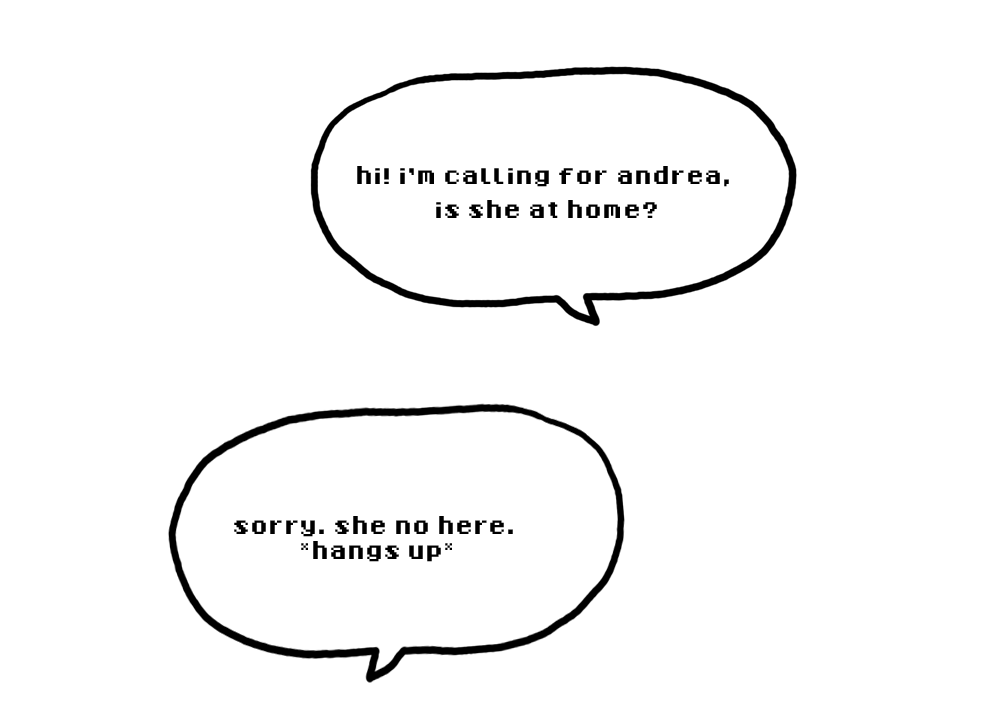
On top of that, the xenophobic anti-immigrant and anti-Latinx rhetoric was at an all time high. I’d tune into the news, and watch anti-illegal immigration protests unfold, with signs reading “No Amnesty” and “Deport the Illegals” up high and mighty in the air. I’d watch cartoons, and shows like Family Guy, Speedy Gonzales ridiculed Latinx characters for their customs and accents. Shows like Modern Family and other movies defined what Latina femininity looked like, portraying their Latina stars as loud, crazy, and spicy sexpots.  And at school, Latinx culture or history was basically nonexistent. My chubby, quiet, prepubescent self could not relate to the society’s depiction of Latinxs. Even at home, my family expected me to act like a proper lady and provide by cooking and cleaning, and accept machismo as the norm. If I knew then, what I know now!
And at school, Latinx culture or history was basically nonexistent. My chubby, quiet, prepubescent self could not relate to the society’s depiction of Latinxs. Even at home, my family expected me to act like a proper lady and provide by cooking and cleaning, and accept machismo as the norm. If I knew then, what I know now!
I was one of the few Latinxs in my community, and the thought of sticking out in a homogenous neighborhood was terrifying in my eyes. Especially given all of the negative labels that are associated with Latinxs. So I distanced myself quite a bit from Latinx culture. I straightened my voluminous, curly hair every single day, I didn’t put a lot of effort in learning and maintaining my Spanish, by making a conscious effort to avoid speaking Spanish in public. I scoffed at the deafening cumbia and merengue music played at family functions (even though I really wanted to sing and dance to the songs like everyone else did). I believe my relationship with my family suffered quite a bit as I distanced myself. The language barrier grew thicker and thicker because I refused to cooperate in learning Spanish. I was ashamed of my culture, to be frank. Once I stepped out of the front door of my house, my culture became a roadblock to connecting with the outside world.
It wasn’t until my freshman year of high school, where my humanities teacher asked us to write a poem about our culture. I was definitely freaking out initially because there was a presentation aspect to this project, and again I was one of the only Latinxs in my class. But to my surprise, my poem was met with quite a lot of praise from my teacher and peers. She even hung it up in her class for the entire year. After that project, something switched on inside of me, a part of my identity that I once resented turned into something I thought made me special.

But the journey definitely wasn’t easy. I realized that to Americans, I will always be Salvadoran; and likewise, back home, to Salvadorans; I will always be American in their eyes, no matter how hard I try to fit in. And that’s really just because I am both Salvadoran and American. I realized its impossible to switch between the two sides of my culture in order to avoid rejection. >In the movie Selena, Abraham Quintanilla says it best (watch it below). While I’m not Mexican-American, and I can definitely handle spicy food, much of what he says resonates with me as a Salvadoran-American.
Letting go of this idea of trying to be ‘one or the other’ was an arduous process. I realized that both of these aspects of my identity contribute to how I see myself, and how others see me. The journey towards discovering my identity has resulted in a blend of two cultures. Now I feel comfortable blurring the boundaries between my roots, and understand that my life is a creative process that makes them compatible. I’ve spent my whole life grappling with where I come from, and knowing that I’ve wasted my time trying to hide parts of me to please others. This led me to become immersed in the idea of what it means to be Latin-American, as see it as a unified identity. As I finally came to this realization, I now find myself becoming more curious about the struggles of Latin-Americans. Although it took eighteen years to finally embrace this identity, I have a long way to go to study and fully appreciate my culture. While I may have come to terms with the duality of my cultures, I am always mindful of how many other hyphenated Americans face these kinds of identity issues too. Throwing away one’s culture in order to seek acceptance from the majority is destructive in itself. Nobody should have to go through feelings of being ashamed of who they are and of where they come from. America really is a mosaic of cultures, and Americans need to start adopting principles of multiculturalism, and respect the fact that there is no true “American” way of living. For many Latinxs in America, our culture serves as a way to build a community of people going through similar struggles with racism. That sense of community should never be taken away from us.

